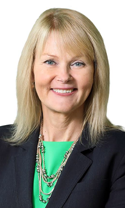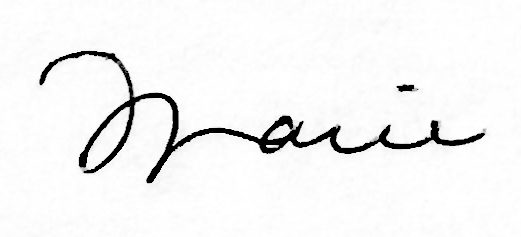Taking Small Steps Together

It’s hard to believe my last message to you was just a month ago, so much has changed in a few short weeks. With rising temperatures and positive momentum in the rollout of vaccines, we’ve also witnessed an increase in COVID-19 cases across Nova Scotia. We’re once again staying in our communities, staying home as much as possible, and staying focused on working together to make it through a third and hopefully final wave of the virus. For many individuals and small businesses, side effects of the pandemic are likely to have staying power, which is why it’s important to consider the role of resiliency on our wellness and our wallets.
Resiliency is a quality that enables us to effectively adapt in the face of adversity or significant sources of stress. It is a skill that is built over time, with the right resources in place. Experts often speak to the ways in which we can build resiliency, including by being proactive, doing something each day that makes you feel productive, leaning on experts and those you trust, learning from past experiences, focusing on what’s waiting on the other side of the situation, and being kind to yourself. That is how we build ourselves up so that we can make the most out of the situations we face – in life and in our finances.
Over the last 14 months, lifestyle spending on items such as concerts and travel have all but been cancelled, causing a change in direction for disposable income. For some, a padded savings account has opened the door to a down payment, renovations, energy efficient upgrades, paying down debt, or trying out a new hobby. And while contractors and renovation-related businesses are in high demand, it appears Canadians have largely been sitting on a growing savings cushion as a financial resiliency strategy. According to Statistics Canada, the average household savings rate skyrocketed from 1.4% in 2019 to 15% in the third quarter of 2020, leaving Canadians holding onto an estimated $200 billion in savings at year-end.
People save in different ways and for different reasons, which is why it matters less whether your savings reflects a deliberate choice or the impact of having nowhere to spend it. What matters most is what you do next. This is an opportunity to redefine financial freedom, so when we once again have the freedom to spend, we also have a plan to build back better. Your ability to be financially well is a process of taking small steps to gain knowledge, confidence, and support from trusted advisors. It’s a journey, and nobody expects you to do it alone or overnight. No matter where you are today, let’s talk about where you want to be in a month, a year, or longer. Our team is here and ready to help.
As we look to the future with you and as an organization, it’s equally important to celebrate all we’ve accomplished over the last year. For our team, the last year has been measured by the work we’ve done in your service and we continue to take pride in being there for you in the ways you need us. This was a message I shared recently at our Annual General Meeting, which was held on April 20th, and welcomed Louise Adongo, Mike Casey and Andrew Inch who each began three-year terms as Directors, as well as Donna Harding who has been elected as Chair of the Board.
If you have questions or would like to talk to a member of our team, please reach out online, by phone at 902.492.6500 or via email at info@cua.com. I hope you’re staying well and finding ways to stay connected with those who matter most. For us, that’s you, which is why I want to sincerely thank you for continuing to choose the better way to bank.





 www.google.com
www.google.com
